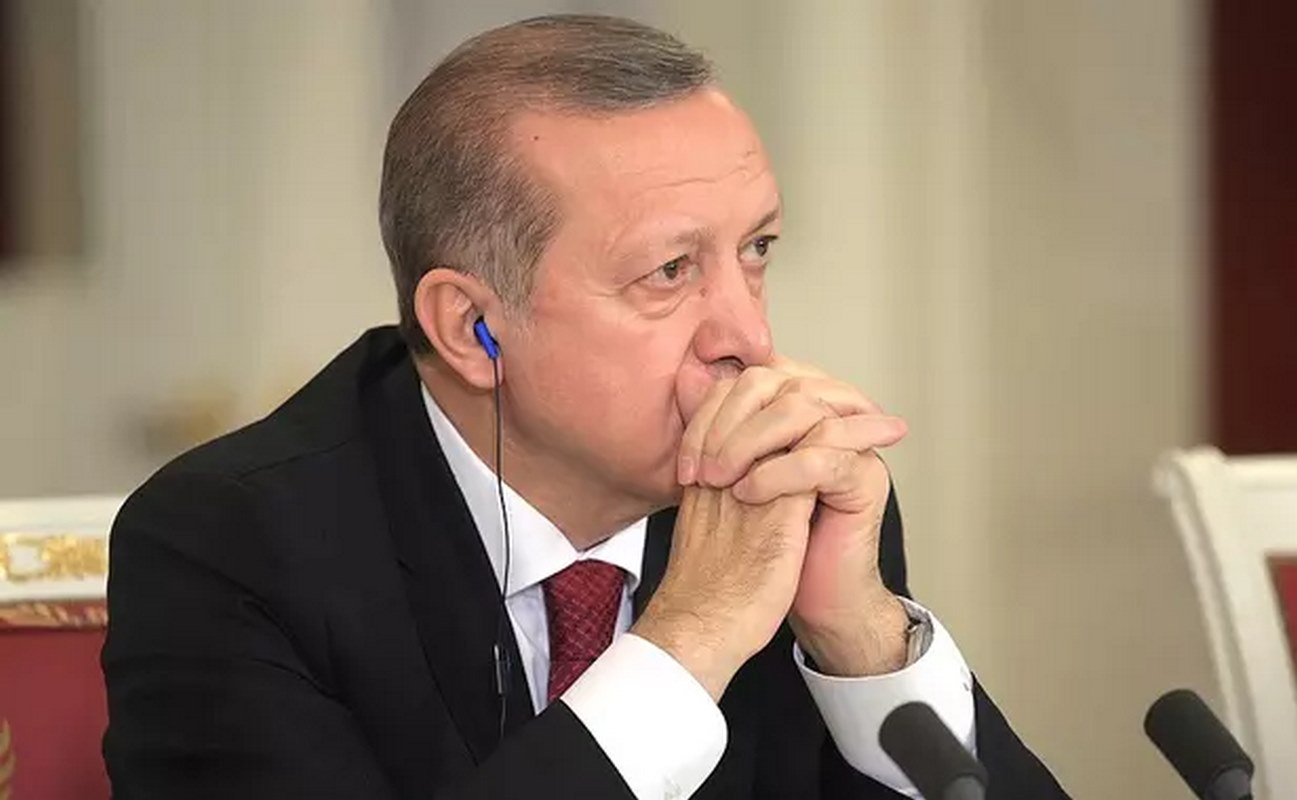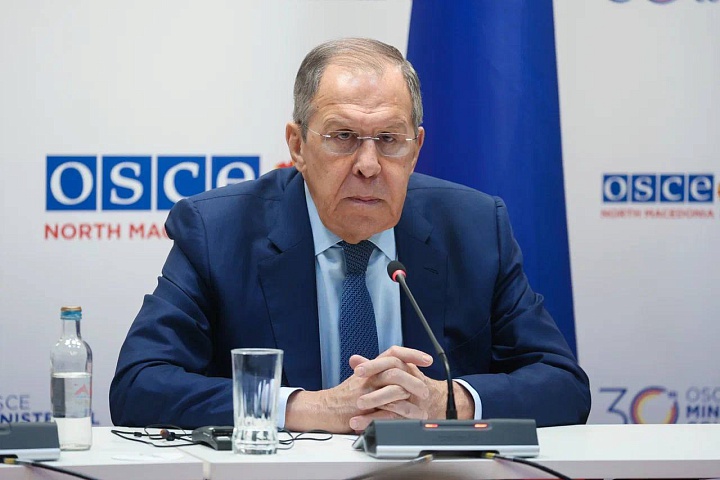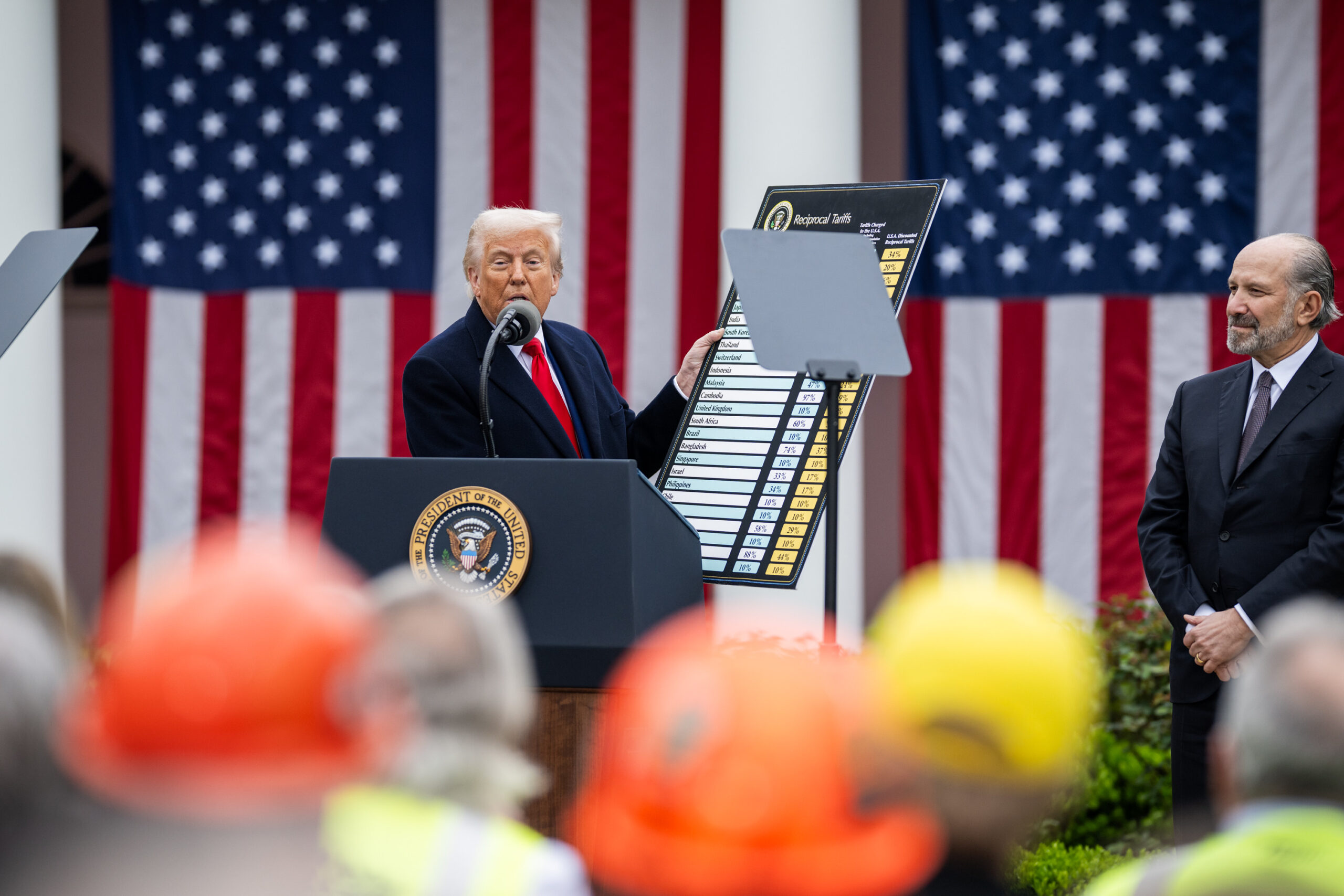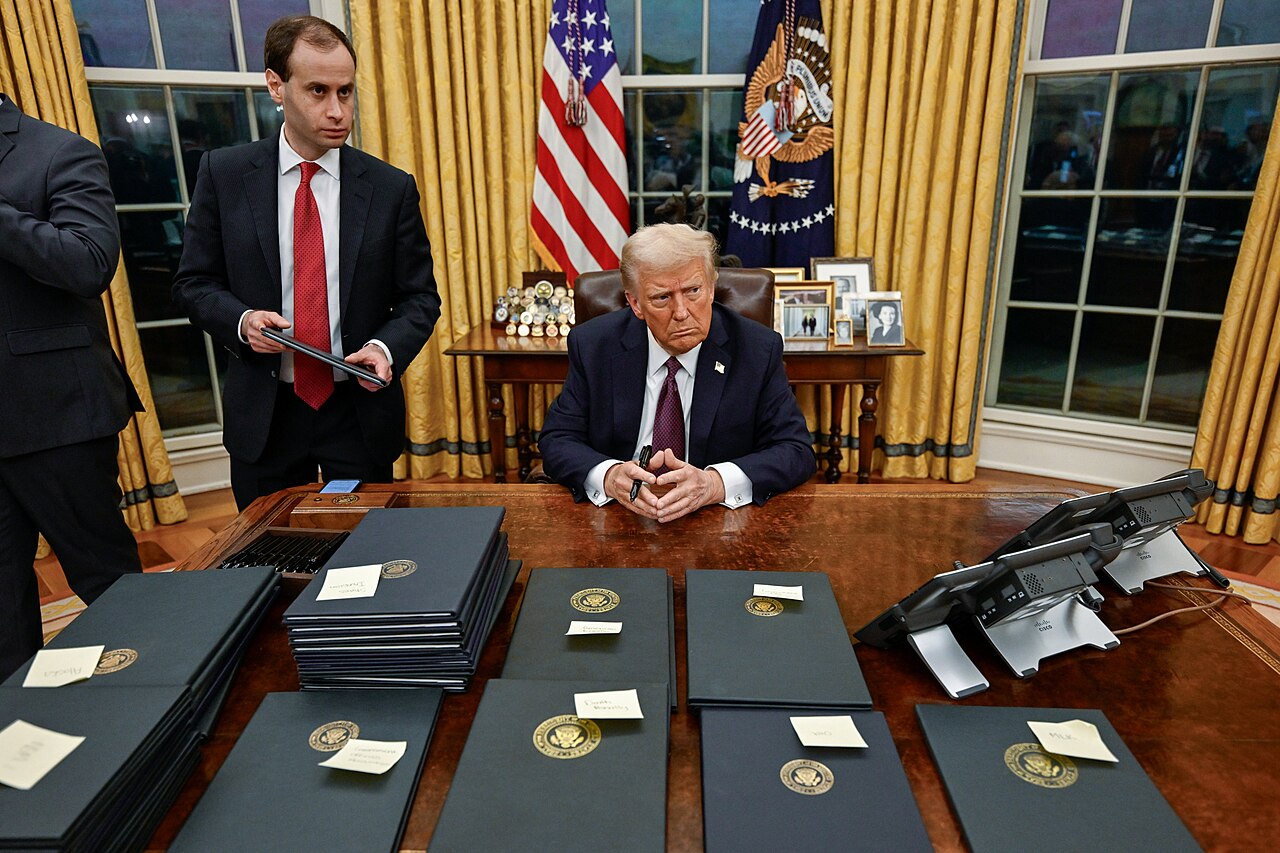End of the Empire is a once-monthly feature on all news relating to the transition from the unipolar world of the US Empire to a multipolar world.
The last 30 days have seen a flurry of announcements from Russian leader Vladimir Putin and his diplomatic corps showing they’re hard at work knitting together a multilateral world.
In the last edition of this feature, President Putin had just arrived in Pyongyang, a visit that resulted in the signing of the Treaty on Comprehensive Strategic Partnership, part of what Putin described in an op-ed as “an architecture of equal and indivisible security in Eurasia”.
In doing so he proved that the North Koreans were well capable of reason and dialogue and that they, like Ukraine in fact, have always simply been looking for security guarantees. The visit was also preceded by a significant overhaul in North Korean foreign policy, including the designation of South Korea as a hostile foreign enemy, the dismantling of organizations and symbols related to the idea of a united peninsula, and the ultimate abandonment of that dream as a doctrinal objective.
President Putin’s visit was also preceded by the first veto on the UN Security Council’s continuing resolution on North Korea’s economic sanctions, the only such objection in 18 years
On July 9th, Moscow welcomed newly-elected Prime Minister Narendra Modi, arriving to boost bilateral trade to $100 billion up from the current $65 billion, sixty of which comes from India buying Russian oil instead of the EU. Modi, who has his own reasons for cozying up to Moscow, embraced the Russian President unreservedly.
Modi will well hope to utilize the historically high relations between Russia and China to assist New Delhi in ensuring diplomacy can win out over violence in India’s decades-long border disputes with China in the Himalayas.
When asked about Modi’s visit, State Department spokesperson Matthew Miller said that the Biden Administration “made quite clear directly with India our concerns about their relationship with Russia”.

Turkiye and Syria
On June 28th, AP reported that Turkiye’s President Recep Tayyip Erdogan and Syrian President Bashar al-Assad had both, within the span of a week, expressed willingness to meet and restore bilateral ties to the high point around 2008 when the two men and their families vacationed together in southern Turkiye.
On June 26th, Syrian state media reported that in a meeting with Russia’s special envoy to Syria, Alexander Lavrentiev, Assad “affirmed Syria’s openness to all initiatives related to the relationship between Syria and Turkey, based on the sovereignty of the Syrian state over all its territories on the one hand, and combating all forms of terrorism and its organizations on the other hand”.
Erdogan spoke more frankly, saying that there “is no reason why (diplomatic ties) should not be established”. On July 7th, Erdogan took it a step further, with AP again reporting that he had invited Assad to visit Anakara for the express purpose of restoring diplomatic relations.
“We will extend our invitation (to Assad); with this invitation, we want to restore Turkiye-Syria relations to the same level as in the past. Our invitation may be extended at any time,” Erdogan said, according to a presidency readout of an interview by Turkish media, Reuters reported. “Putin and the Iraqi prime minister have an approach for talks to be in Turkiye. We are talking about mediation everywhere, why not with our neighbor?”
There are many reasons relations between the countries have soured. In 2019, Turkish troops launched a major incursion into northern Syria, fighting with Syrian army forces, in order to create a zone in which to repatriate tens of thousands of Syrian migrants who entered Turkiye to escape the civil war. Additionally, Turkiye’s border area with Syria crosses the al-Qaeda-controlled Idlib Province in the northwest, and a Kurdish-controlled region in the northeast.
Turkiye’s most hated enemy is a group of Kurdish terrorists called the PKK, and Erdogan has consistently accused the Syrian Kurdish regional government of backing or harboring the group, leading to anti-terrorist operations across the border that Damascus views as a violation of state sovereignty.
Nearly all of this souring however occurred after the US tried to overthrow the Syrian government through Operation Timber Sycamore, which armed dozens of unvetted groups of Wahabi Islamic fighters from all over the Arab world to attack and try to overthrow the government in Damascus. Prior to this, relations between the two countries were strong.
If NATO’s great enemy, Russia, mediated a restoration of diplomatic ties between a NATO ally (Turkiye) and a regime blacklisted by the US as pariahs (Syria), it would be profoundly embarrassing for US diplomatic credibility. US officials recently stated directly that there was no plan to pull the token forces the US maintains in Syria for the purpose of occupying the Syrian oil fields.
It’s not much of a surprise then that Russia accused the US of undermining the principles of multilateralism at a recent meeting of the UN Sec. Council, and the best the US could say in response was to accuse their counterpart of “whining” WaL



